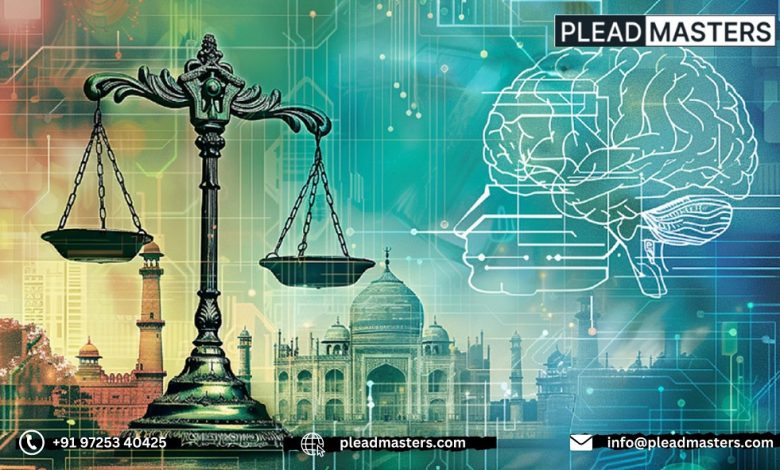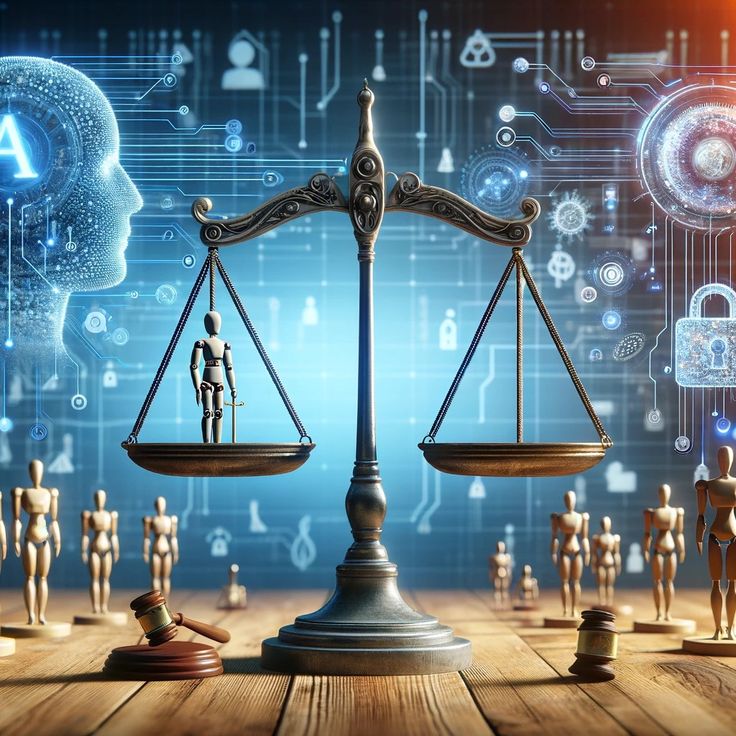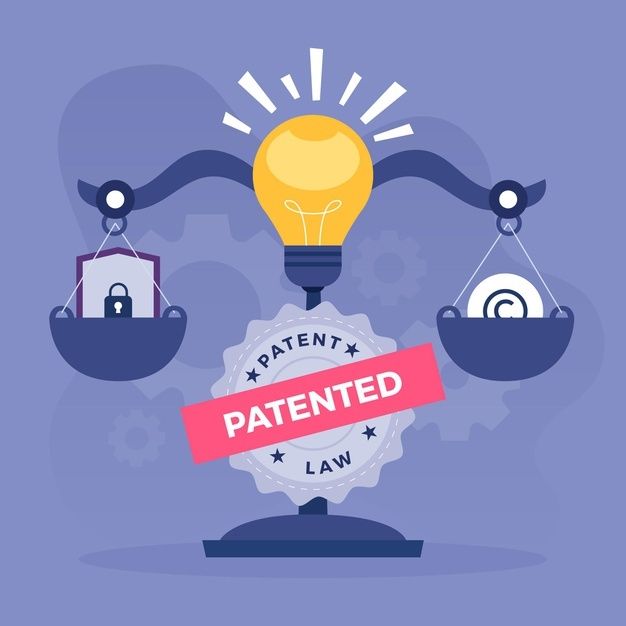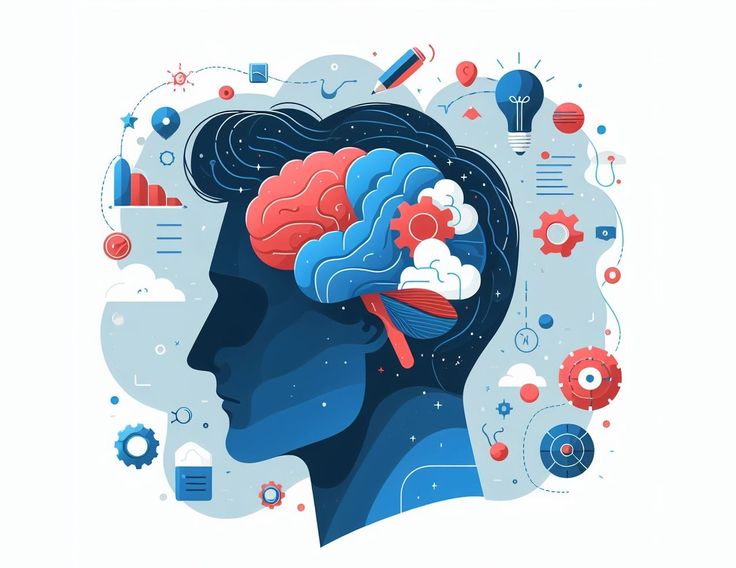Artificial Intelligence and Intellectual Property in India: A Legal Perspective

India being the epicentre of innovation these days is seeing a rapid revolution where the realms of artificial intelligence (AI) and intellectual property (IP) are colliding in ways we never imagined. This fusion is not just a matter of law and technology; it’s about the very essence of creativity, innovation, and the human spirit behind every invention and artistic creation.
As AI continues to innovate nuanced works, from mesmerizing artworks to ground-breaking technological solutions, it prompts us to reconsider our traditional notions of creativity and ownership. Moreover, as AI continues to produce creative and innovative outputs across various domains, the Indian IP framework is challenged to adapt to these new realities.
This blog post aims to delve deep into the evolving relationship between AI and IP in India, shedding light on the legal challenges, the rich opportunities for growth, and the need for a legal framework that nurtures innovation but at the same time honours the timeless values of human creativity.

Artificial Intelligence and Authorship: Challenging Traditional Intellectual Property Norms in India
The rise of AI-generated works brings into question the very definition of authorship and creativity under Indian IP laws. Traditional laws recognize humans as the sole authors or inventors, but AI’s ability to create artistic and literary works challenges this notion. Although there are yet to be landmark case laws in India directly addressing AI’s role as an author or inventor, the discussion is reminiscent of international debates, such as the DABUS case, where AI was claimed to be the inventor, pushing for a re-evaluation of what constitutes authorship and inventorship.
Patent Law and Artificial Intelligence: Navigating New Frontiers
The Indian Patents Act requires inventions to be novel, involve an inventive step, and be capable of industrial application, traditionally assuming a human inventor. The absence of explicit case laws in India addressing AI as an inventor highlights an urgent need for legislative and judicial clarification. Comparative international examples, like the decisions by the UK Intellectual Property Office and the European Patent Office in the DABUS case, rejecting AI as an inventor, underscore the complexity of integrating AI innovations within the existing patent framework, signalling a direction for Indian law to consider.

Copyright Law Adjustments for Artificial Intelligence in India
Copyright law faces significant challenges in accommodating AI-generated content. The Indian Copyright Act protects works of human authorship, leaving AI-generated works in a legal grey area. While specific case laws in India addressing AI-generated content are yet to emerge, the global discourse, including copyright offices’ reluctance to grant copyrights to AI-created works, serves as a precursor to potential legal developments in India. The evolving nature of copyright law in response to AI advancements necessitates legislative updates to ensure creators and innovators are fairly recognized and protected.
Trademarks in the Age of Artificial Intelligence: Legal Implications
The application of AI in creating trademarks introduces unique challenges to the Indian legal system, which currently lacks direct case law addressing AI-generated trademarks. However, the principles of distinctiveness and non-confusion remain paramount. The Indian Trademark Registry’s approach to AI-generated trademarks may soon need to reflect considerations similar to those in copyright and patent law, ensuring that trademarks continue to serve their primary function of indicating the source of goods and services while adapting to technological advancements.

The Path Forward: Legal Reforms and Ethical Considerations– Artificial Intelligence and Intellectual Property in India: A Legal Perspective
The integration of AI into creative and innovative processes necessitates a forward-looking approach to IP law in India. Drawing from international case law and adapting to the unique Indian context, policymakers, legal experts, and the technology sector must collaborate to establish a legal framework that accommodates AI’s capabilities. Ethical guidelines, transparency in AI’s role in content creation, and clear standards for attributing AI-generated works are essential steps toward fostering a balanced IP ecosystem.
Conclusion
The journey of integrating AI within India’s IP legal framework is complex and unfolding. By closely examining relevant case laws and international precedents, India can navigate these uncharted waters, ensuring that its IP laws evolve to recognize and protect the innovative outputs generated by AI. The future of IP in India in the age of artificial intelligence offers an exciting frontier for legal innovation, requiring a collaborative effort to harness AI’s potential while safeguarding the rights of human creators and inventors.
Plead Masters- Reliable And Effective Legal Services [https://www.pleadmasters.com/]
Your Trusted Partner In Navigating The Complex Landscape Of Intellectual Property (IP) Law. We are a team of dedicated IP professionals passionate about providing comprehensive, tailored, and cutting-edge legal solutions. We understand that every idea, creation, and brand is a valuable asset that needs the utmost protection in today’s competitive global marketplace.
External Links
https://www.ndtvprofit.com/law-and-policy/can-ai-own-copyrights-what-does-indian-law-say-about-it



